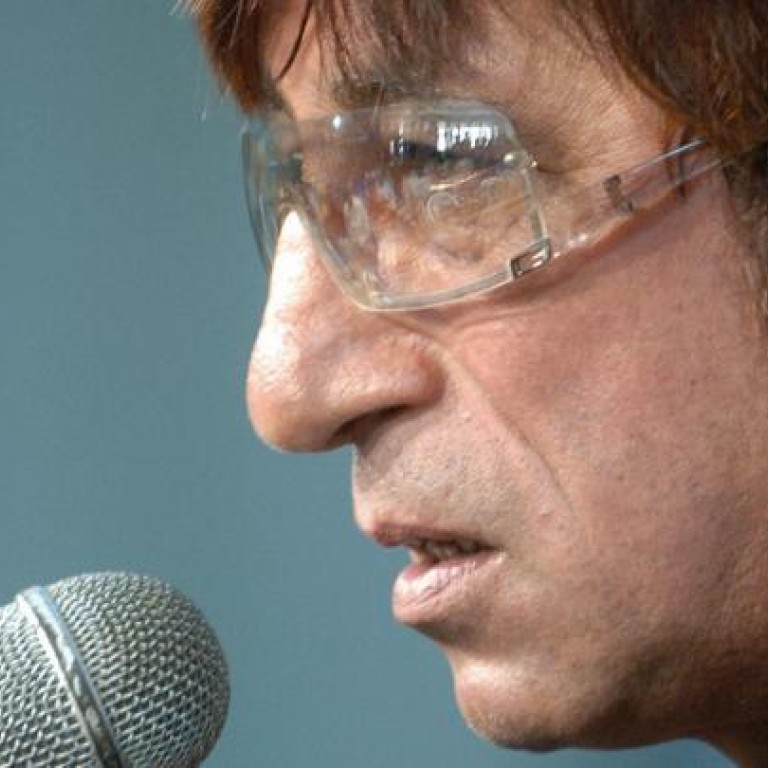
Postcard: New Delhi
The Delhi gang-rape last December has put Bollywood in the dock for its regressive portrayal of women.
A standard storyline in Bollywood films, old and new, has the hero chasing a woman assiduously. She resists his advances, sometimes seriously, sometimes coquettishly. He keeps stalking her, refusing to take no for an answer. In the end, she succumbs.
Earlier, few people scrutinised such scenes for the message they sent to audiences - force yourself on a woman long enough and she will capitulate - but the Delhi gang-rape last December has put Bollywood in the dock for its regressive portrayal of women.
Movies are easily the single most powerful force in Indian popular culture and people have started decrying their anti-women content. The most misogynistic aspect of Indian films, which is mercifully fading but still isn't totally dead, is the rape scene that used to stud virtually every movie, particularly in the 1970s and '80s. Intended to titillate male viewers, it was filmed in such a way that the woman's feeble protests sounded more like sexual arousal than fear.
Actor Shakti Kapoor is famous in the industry for having played a rapist in more than 100 films. But even film titans such as Amitabh Bachchan have stooped to crass scenes in films such as (aka ) in which he and a posse of men relentlessly demand a kiss from a beautiful woman.
The more a beautiful woman resists, the more alluring she becomes. "If you take this to its logical conclusion, then when a girl resists the most, as in when a man is trying to rape her, the more the man is aroused," says New Delhi film buff Kavita Srivastava.
Given this message, it is hardly surprising that when Indian women in real life spurn a man's advances he is incensed. His ego bruised, he retaliates by sexually assaulting the woman, raping her or throwing acid on her, as newspapers testify daily.
Bollywood stars have expressed outrage over the rape of the Delhi woman, who later died. But commentators are demanding they go beyond words and reject roles in films that show women in a demeaning fashion. "Token statements are no good. For too long, actors have not reflected on the wider implications of what they do. It's time for them to use their power and make their choices more carefully if this tragedy is to make a difference," commentator Parsa Venktakeshwar Rao Jnr says.

